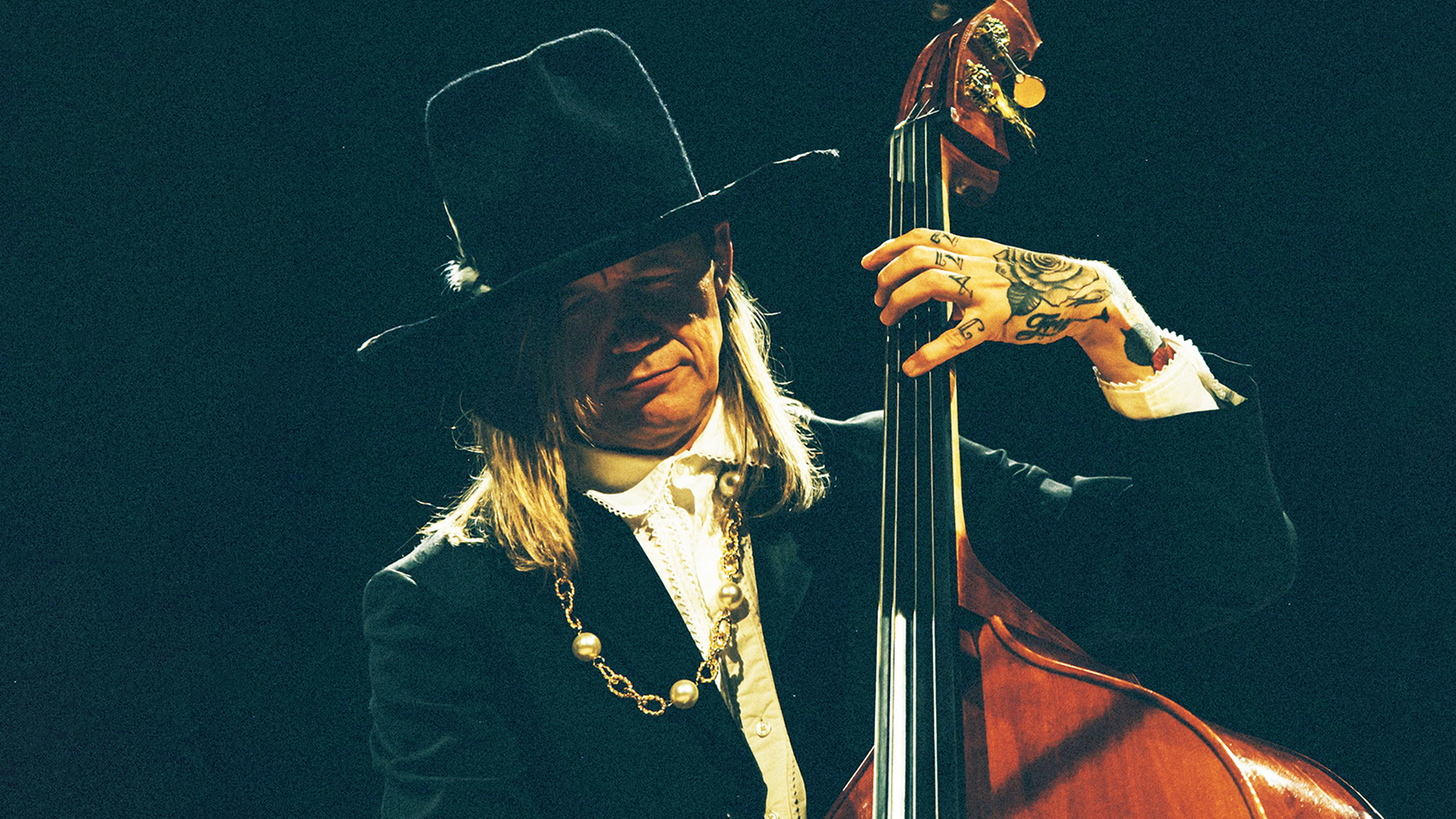The DIY ethos was dominant, because there was no other choice. We did everything ourselves: releasing music on cassette tapes, making collaged covers, sewing our own clothes, making patches and pins, and publishing independent zines. That taught me a lot.
“Eventually I discovered that jazz, too, is rebellious music – deeply vital, free, and a space where you can do things entirely your own way.”
Read more:
His connection to the catacomb era is both personal and ideological. “That phrase refers to the 1950s, when jazz musicians in Poland were viewed with suspicion by the authorities. In the 90s in Gdańsk, we created the yass scene. It was wild and defiant, also in opposition to jazz orthodoxy. And like our predecessors, we often played in all sorts of unexpected, unconventional venues.”
For Mazolewski, jazz is still a way to challenge the present. “Music should reflect the spirit of its time. For me, jazz is music of freedom. It constantly evolves, and each day offers a new chance to play and improvise about the state of the world and what we’d like to change in it.”
Even as he looks outward, his sense of place is grounded. “To me, it’s more of a state of spirit,” he says. “There’s a strong dose of romanticism that survives even in the rush of modern life, along with a deep emotionality and lyricism in melody.
I think this is how I express my Polish roots, I want my music to evoke closeness to nature, to the sea, lakes, wheat and rye fields, orchards full of apples, pears and cherries. Only after that do I begin to think about how to express this best and with what instruments.”
His work often nods to Poland’s political past. “Of course, those were terrifying and dangerous times,” he says. “But looking back now, I also feel it was an honour to grow up in that era, among such extraordinary people. To witness how ordinary citizens became heroes who changed the course of history. I was raised breathing the air of devotion to freedom and heroism.”
That spirit runs through his new record, Live Spirit I, which draws on the legacy of Poland’s jazz pioneers while reaching outward to a global and contemporary language. “We play contemporary music, and we draw as much from life as we can. Our sensibility and style are modern, yet we’re still looking for a universal message. We transform today’s energy while summoning the spirits of our mentors.”
The album pays tribute to the figures who shaped him – Tomasz Stańko, Krzysztof Komeda, Zbigniew Namysłowski – but also pushes beyond Poland’s borders, pulling inspiration from the South African anti-apartheid movement, the London jazz scene and the poetry books of his youth. From Johnny Dyani and Pharoah Sanders to Patti Smith and Wisława Szymborska, his influences are vast but anchored by the same impulse: to create something urgent and liberated.
With the Monster of Jazz Festival, Mazolewski is building a platform to amplify that energy; a space for improvisation, genre collisions and new voices. What began in resistance now plays out on festival stages, not as nostalgia but as a continuation of the fight.
From covert basements to open-air celebrations, the arc of Polish jazz is still being written. “Jazz is freedom. That’s how I see and feel it. Luckily, that tradition is still alive.”
Do you have a story to tell or opinions to share about this? Get in touch and tell us more.





